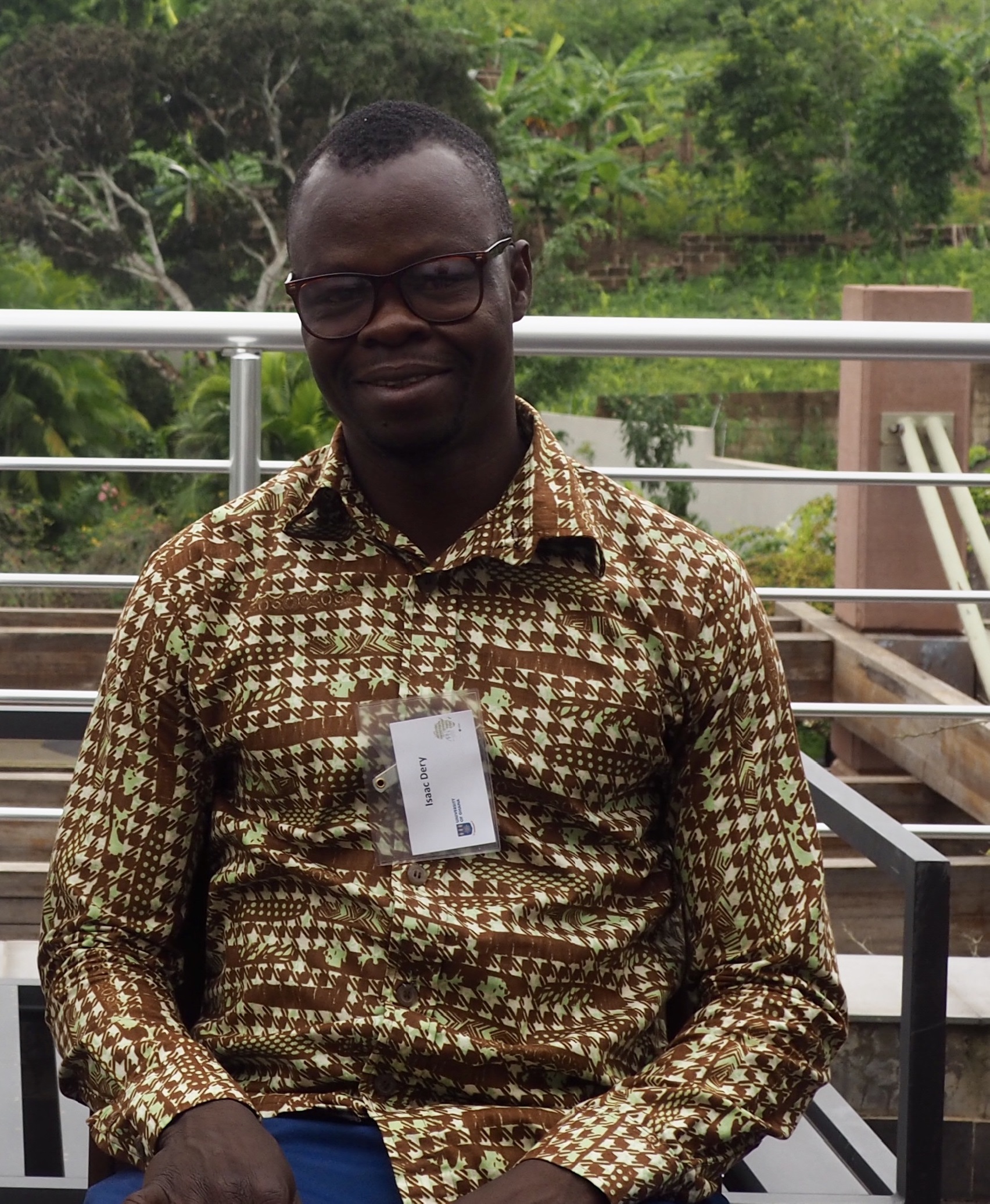Bio
Isaac Dery is a postdoctoral fellow at the University of South Africa (UNISA) and the South African Medical Research Council (SAMRC). He obtained his PhD in 2018 from the University of Cape Town (UCT). His research interests focus on constructions of masculinities, social subjectivities, and gender-based violence, and the intersections between these areas within Ghanaian society. Isaac has been a Social Science Research Council (SSRC) Next Generation Social Science in Africa (Next Gen) 2016 Dissertation Research Fellow. He was recently selected as a Young African Scholar of the Harry Frank Guggenheim Foundation. His research has been published in journals such as Social Science and Medicine, Reproductive Health, Journal of Asian and African Studies, and Gender Issues.

